Last time, I shared a visualization process for re-envisioning success. At times, we can forget what it is that we love about writing, we can lose sight of the bigger picture, forget what we’re working toward; and that process can help to recreate the strong, rooted connection to our goals and joy in writing.
Today, I want to change gears a bit.
Guess what happens when we allow negative thoughts to drive our action? We don’t take that leap. We stay in the exact same place as we were before we started.
We lose opportunities.
We don’t grow.
We get writer’s block.
And we don’t get used to the discomfort that accompanies our attempts to do a truly challenging thing. Because it’s always scary. I think that’s the hardest part to really wrap our brains around. Trying, striving, aiming for our goals, putting our work out there, facing rejection, attempting that next step toward publication—it’s always scary—and unless we grow up to become Stephen King or J.K. Rowling, I don’t see that going away any time soon. (And I bet they still face some scary stuff, too.)
So, what do all these scenarios have in common? They represent scenarios where how we talk to ourselves inside our heads can help or totally hinder us.
Today, I want to share a process to help you build cognitive resilience.
Notice that I used the word allow above. I really mean that. We can choose to change our thoughts so that we don’t allow the negative ones to be in charge. Our thinking is a behavior that is under our control. Like any habit, it takes practice to change, but it IS possible. Here’s how.
The Cognitive Model
I’m giving up on querying because agents always say no.
I’m a terrible writer; look at all these critical reviews.
I’ll never write as well as they do.
| Do these thoughts sound familiar? I could fill ten blogs with the full range of doubts, fears, and worries we writers have on a daily basis. Thoughts like the ones above create anxiety, frustration, anger, sadness. As a result of these negative emotions, maybe we’ll skip today’s writing session or not proof that query one more time (Why bother? The agent is just going to say no anyway.) Our internal dialog in any situation is totally up to us. Unhelpful thoughts lead to negative emotions and unhelpful behavior. Instead, if we adopt more positive thoughts, our emotions and behaviors will become more positive (or, at the very least, less negative). I’m not suggesting that we lie to ourselves |
Let’s take that last example; it’s perfect for our discussion of Writer’s Block. If we hold the belief I’ll never write as well as they do, we will be highly critical of everything we put down on the page. We will go back and read and re-read and re-re-read each word. Progress will be slow. Maybe we’ll skip writing all together today. And tomorrow. And all this week. There’s an immediate impact on our productivity, but that’s not all; that thought can haunt our behaviors indefinitely and extend far beyond today’s writing session. For example, the belief that we’ll never measure up might also make us more reluctant to try to improve. We may decide it’s useless to read that new craft book because we’ll never be good enough anyway. We may skip the conference, avoid the agent pitch session, or bow out of a competition that could help us improve.
Negative thoughts are like an Uber driver who wants to ignore our destination and take us to some random spot of their choosing. We need to kick them out, get behind the wheel, and get back on track.
How do you do that? Here we go.
Action Steps
T: Take notice of the thought.
A: Assess the helpfulness and validity of the thought.
L: Let go of the thought.
E: Enter new thought.
Step 1: Take Notice when negative emotions pop up and ask: What was just going through my mind?
“I’m feeling frustrated. What was going through my mind?”
Step 2: Assess the helpfulness and validity of that thought. Is there another way to interpret this situation? Can you put a new spin on it?
“I’ll never write as well as they do.” (Seems pretty unhelpful, huh? This step is all about RECOGNIZING that the unhelpful thought is happening in our heads right this moment and calling it out on it’s BS.)
Step 3: Let Go of the unhelpful thought. Once we’re aware that the thought is unhelpful, we can CHOOSE a different thought instead. We can tell ourselves to let it go, that we don’t need to entertain this thought, remind ourselves that what we think IS under our control.
Step 4: Enter New Thought: now replace that thought with one that is more balanced and helpful.
“I’m not as skilled as that awesome writer I love today, but I’m working at getting better every day.”
OR
“That writer has their own strengths, but I have my strengths too. My voice is unique.”
OR
“How do I know that I’m NOT as good of a writer as they are? And does it matter? Judging myself right now won’t help me get this book written.”
OR
“This is a first draft. Of course it’s not as good as their book. It’s not supposed to be polished. It’s just supposed to be done.”
As you can see, there are a lot of ways to challenge even one single thought. You can generate multiple examples, just like I did here, and use them all as part of your more helpful inner dialog; or, you can focus on one go-to reframe to get back on track.
| The most important part of this process is: as you practice, you literally change your habits of thinking. Just like nail-biting or hair-twirling (I’m a major hair-twirler, BTW), our thinking is a habit, too. If our habitual thinking style doesn’t serve us, then we can form new habits. (Tweet this.) That’s what the TALE process helps us do. We’re not only changing thoughts right now, we’re also practicing more helpful patterns of thinking, which will help us get better and better at this skill and build more cognitive resilience over time. How we strive toward our goals is based on our emotions. Positive emotions are born from helpful thoughts. So, put your thoughts to work for you. |
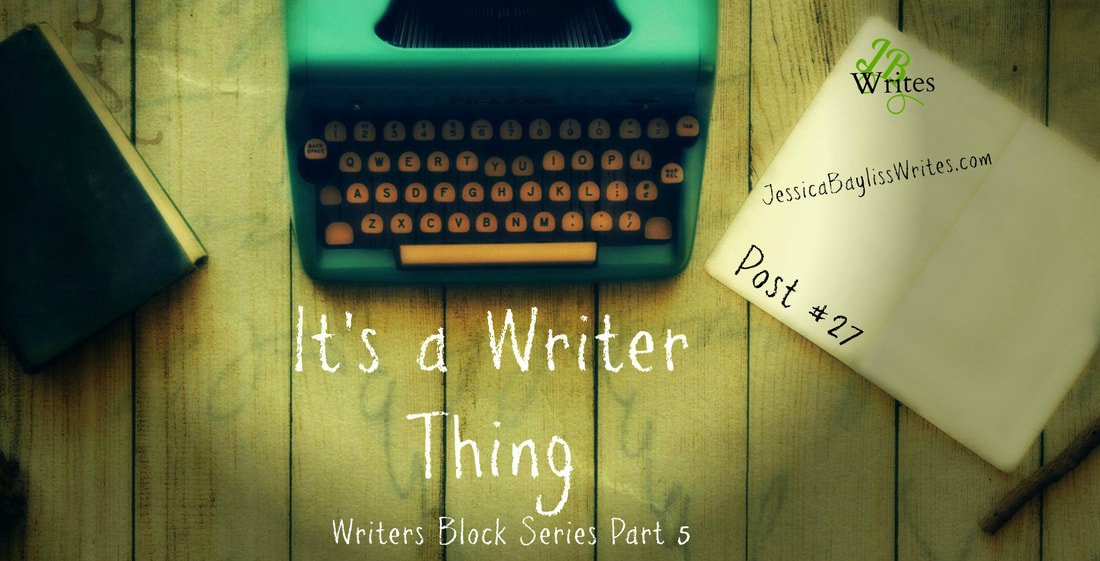
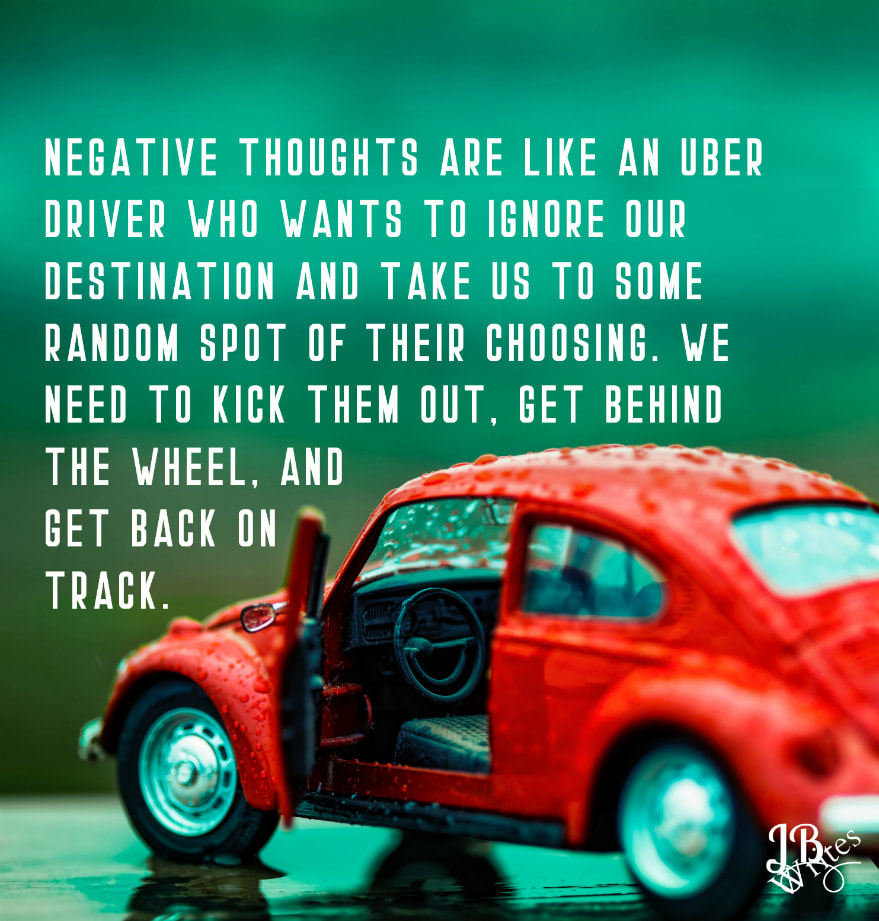
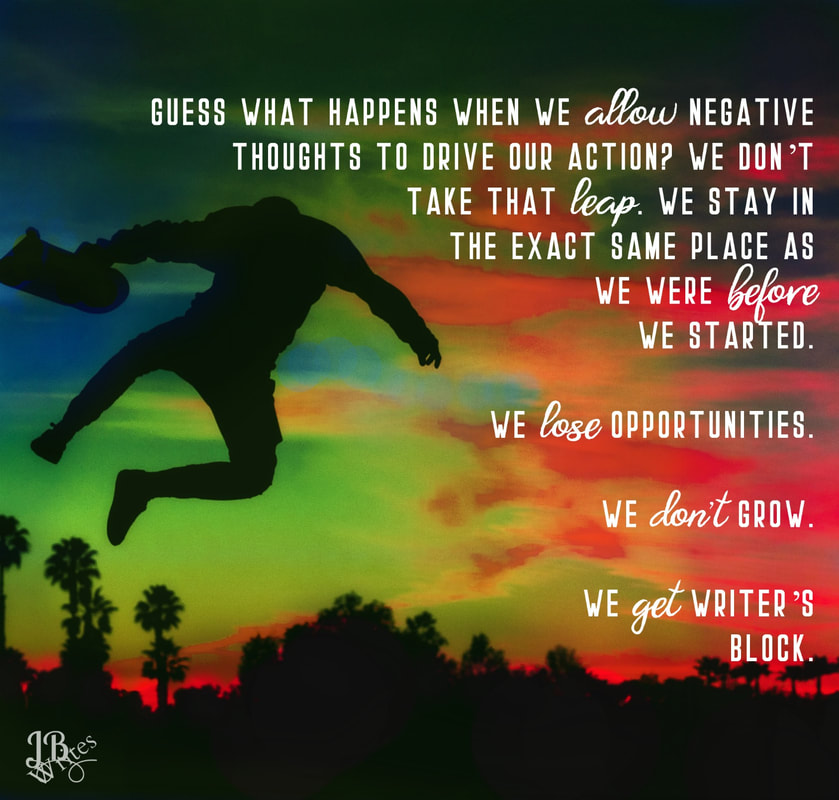
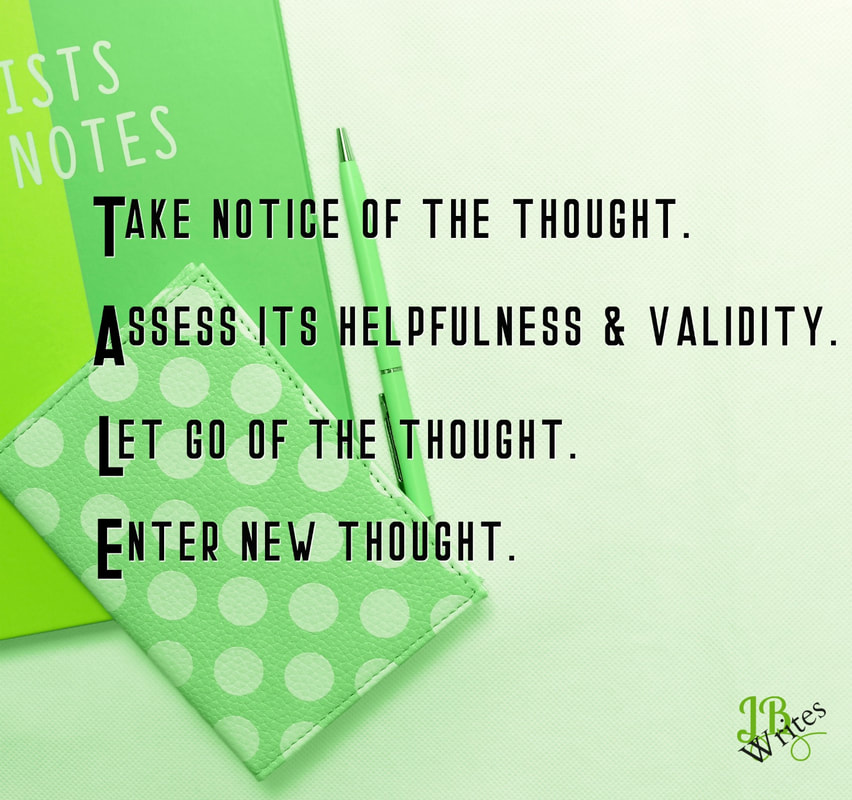
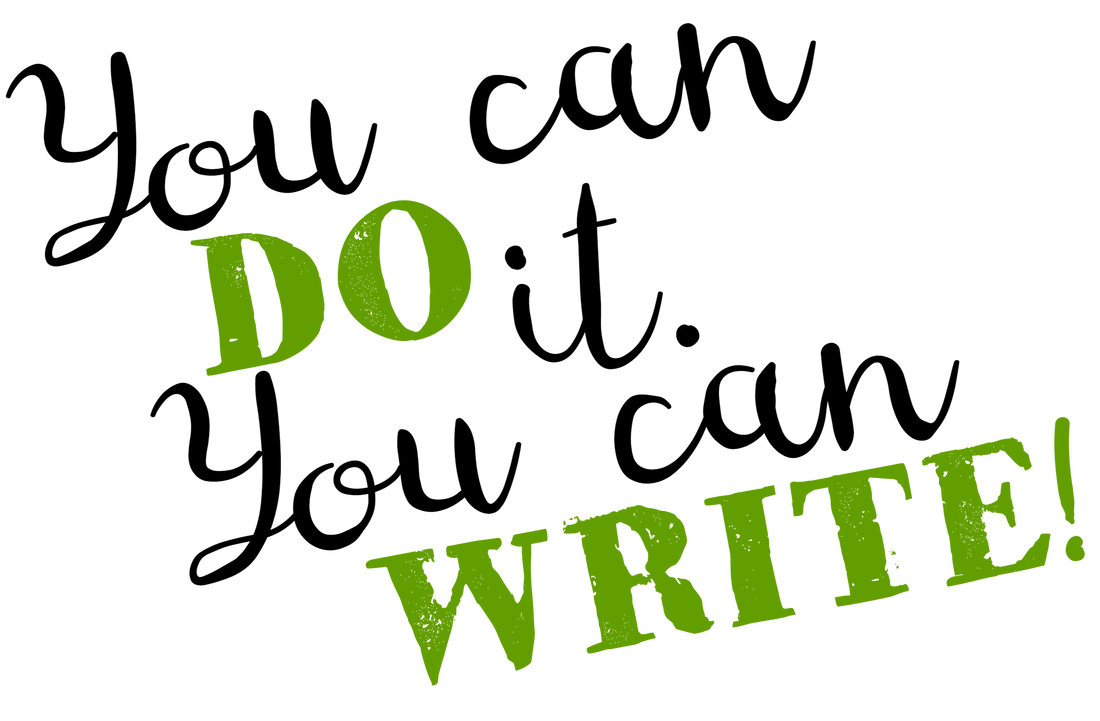
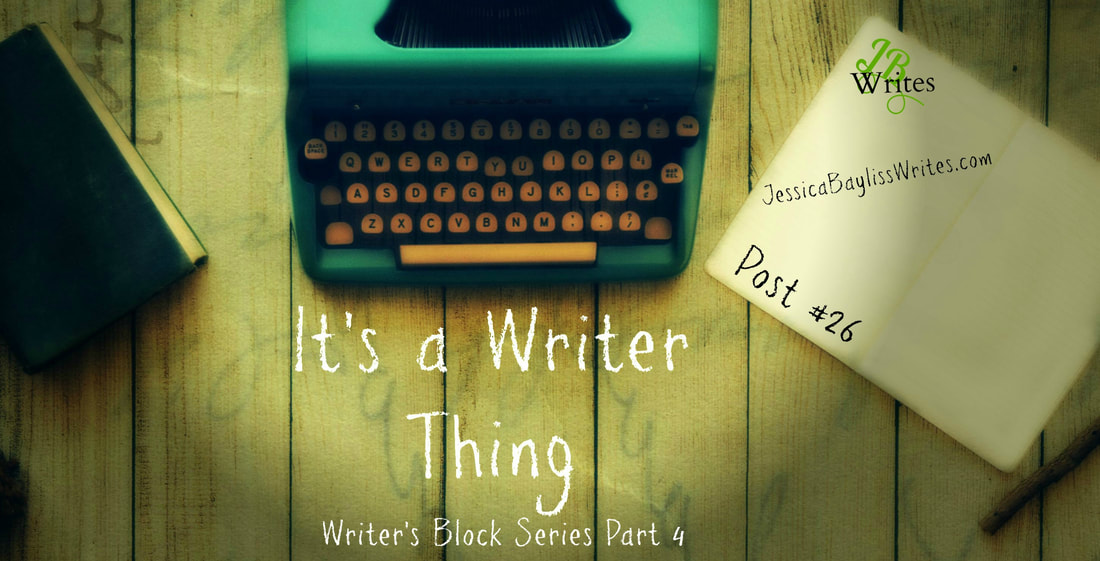

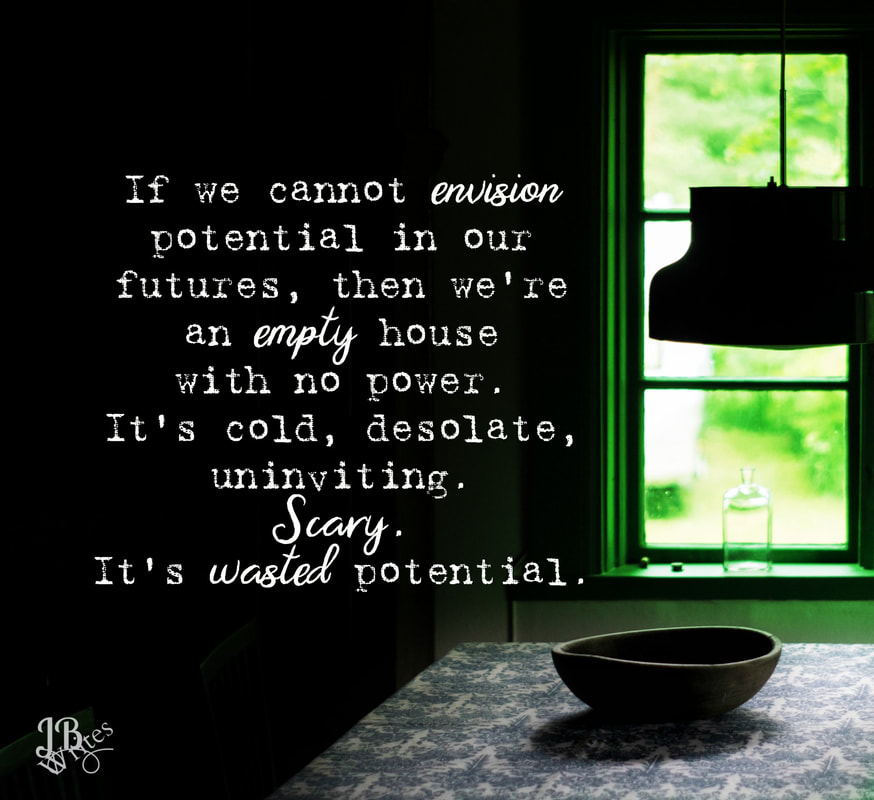
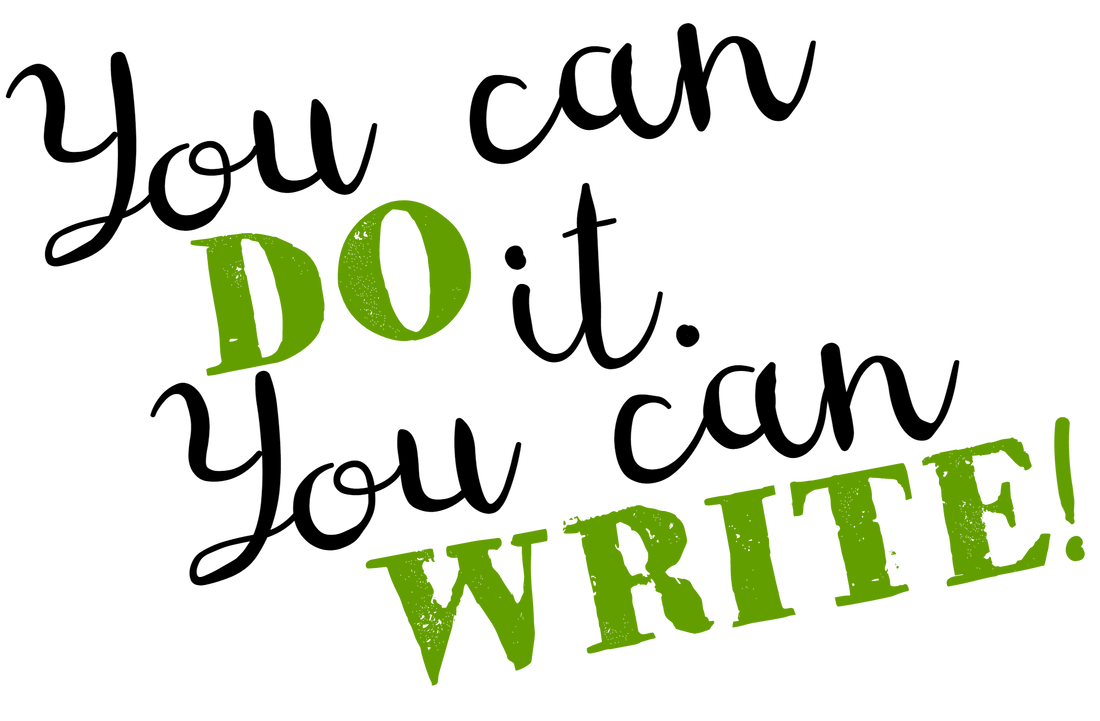
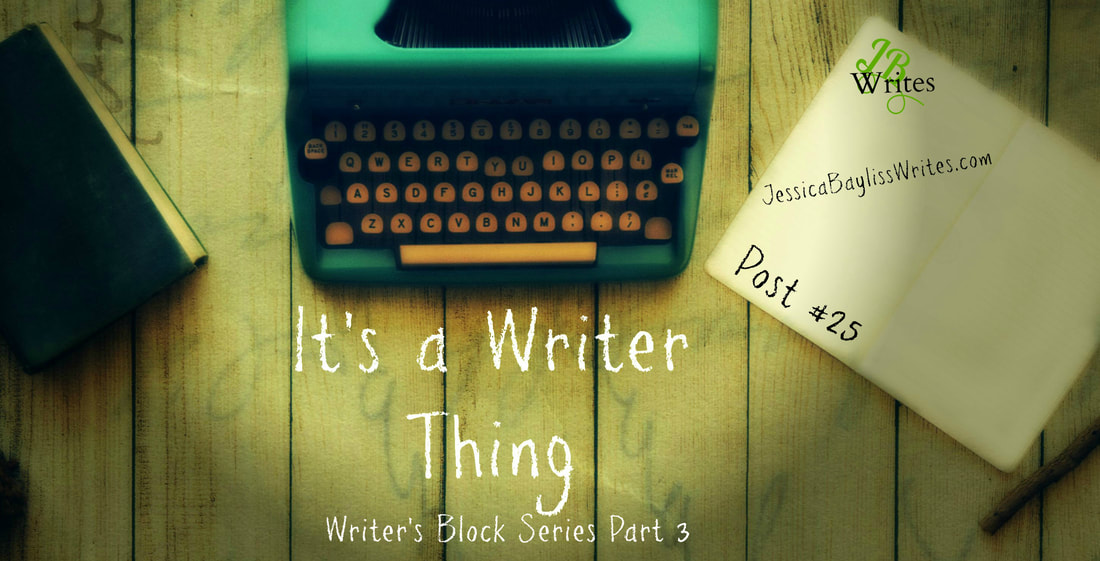
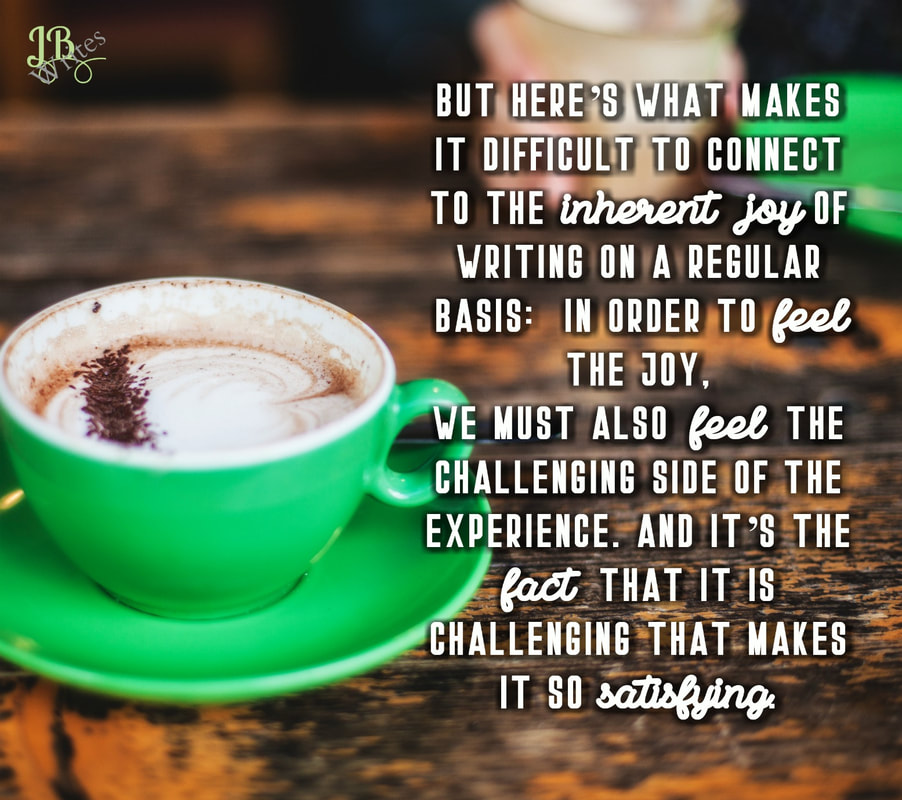
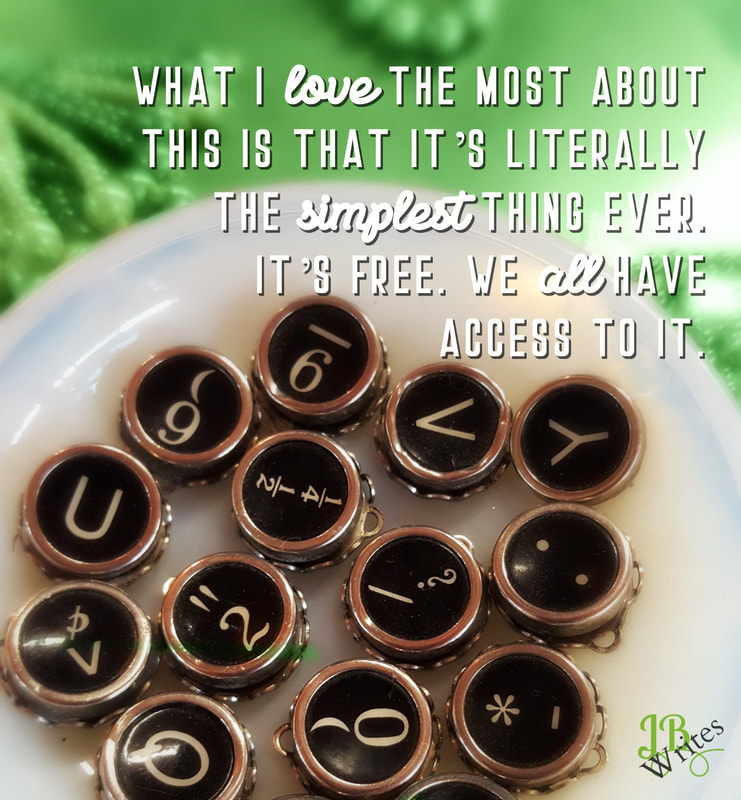
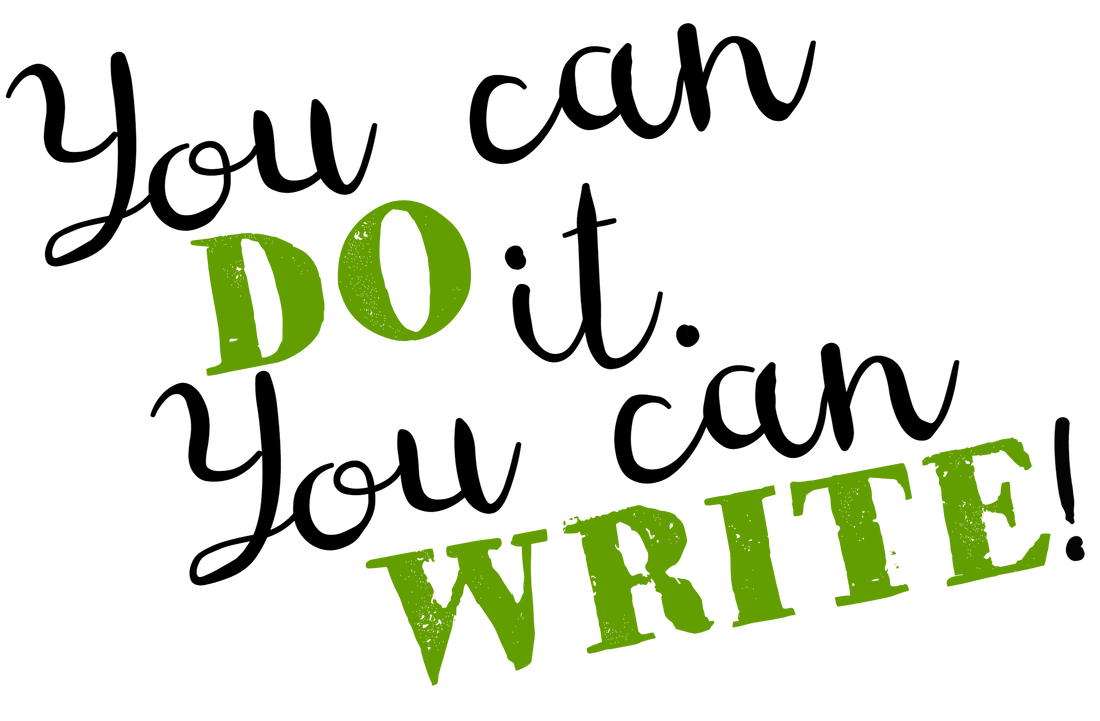
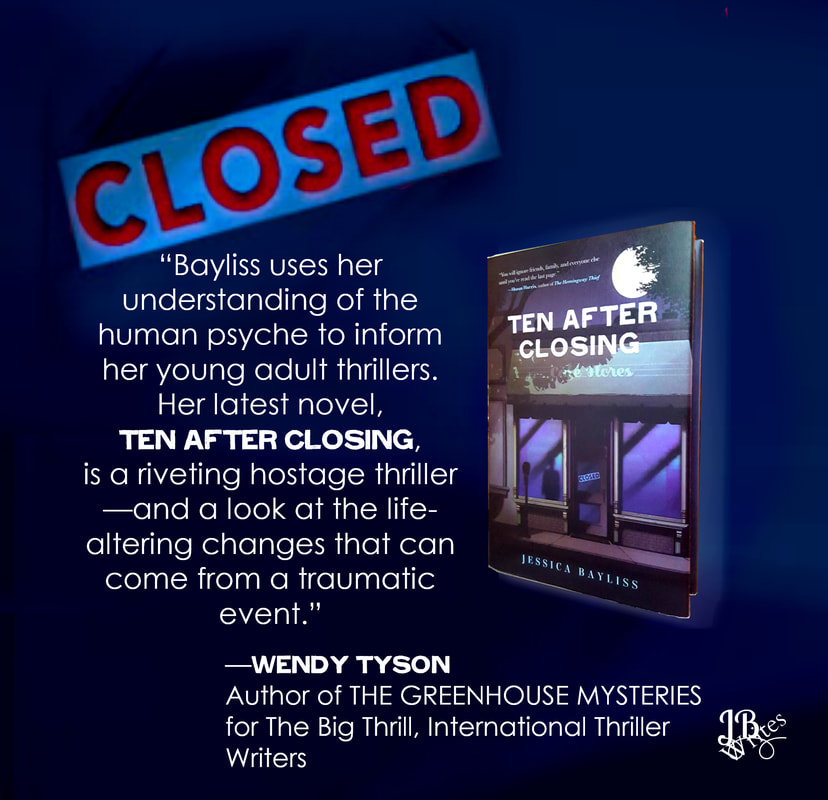
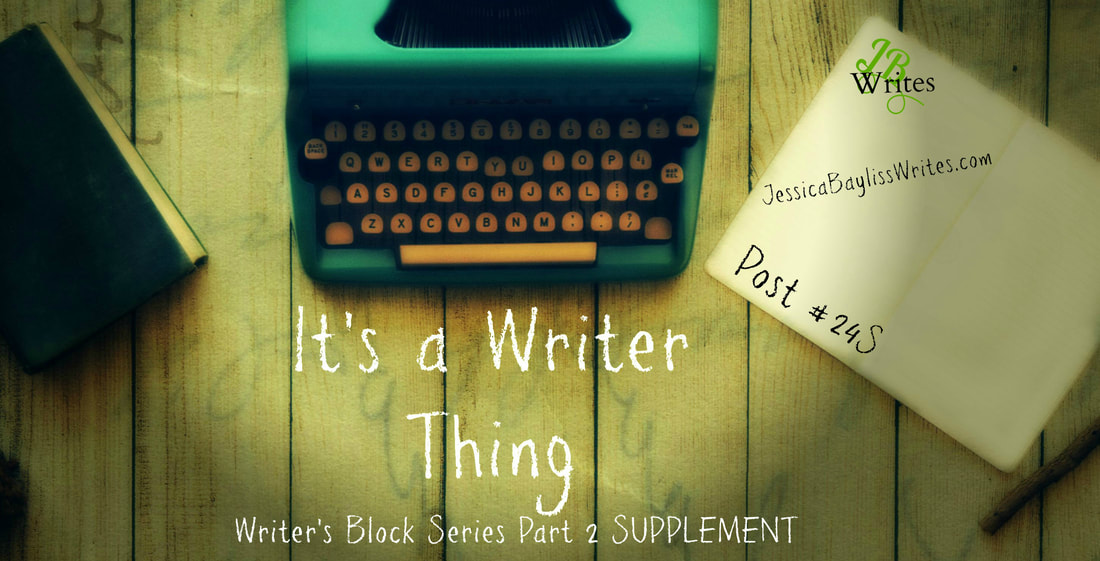
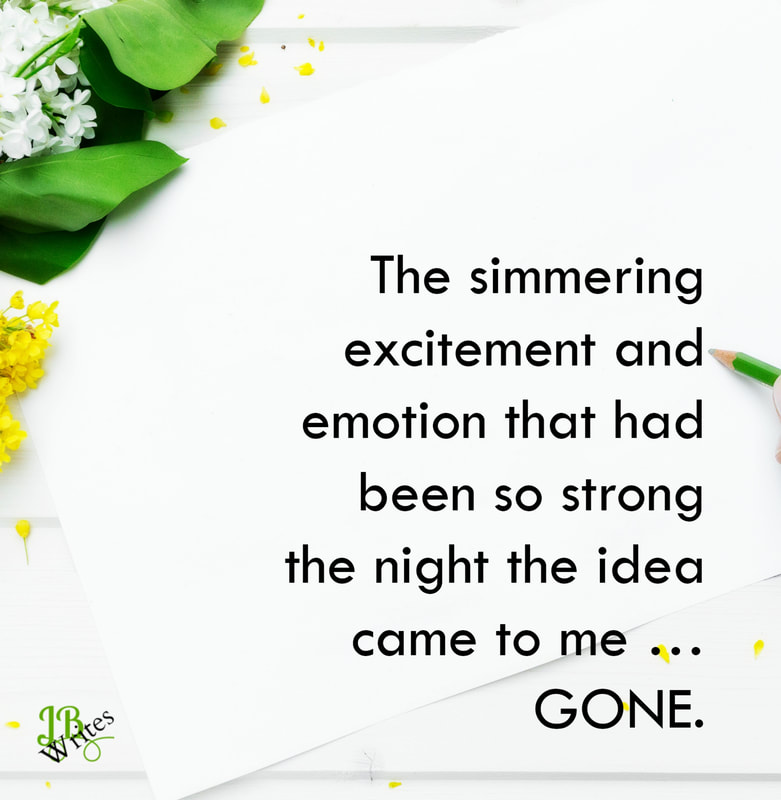
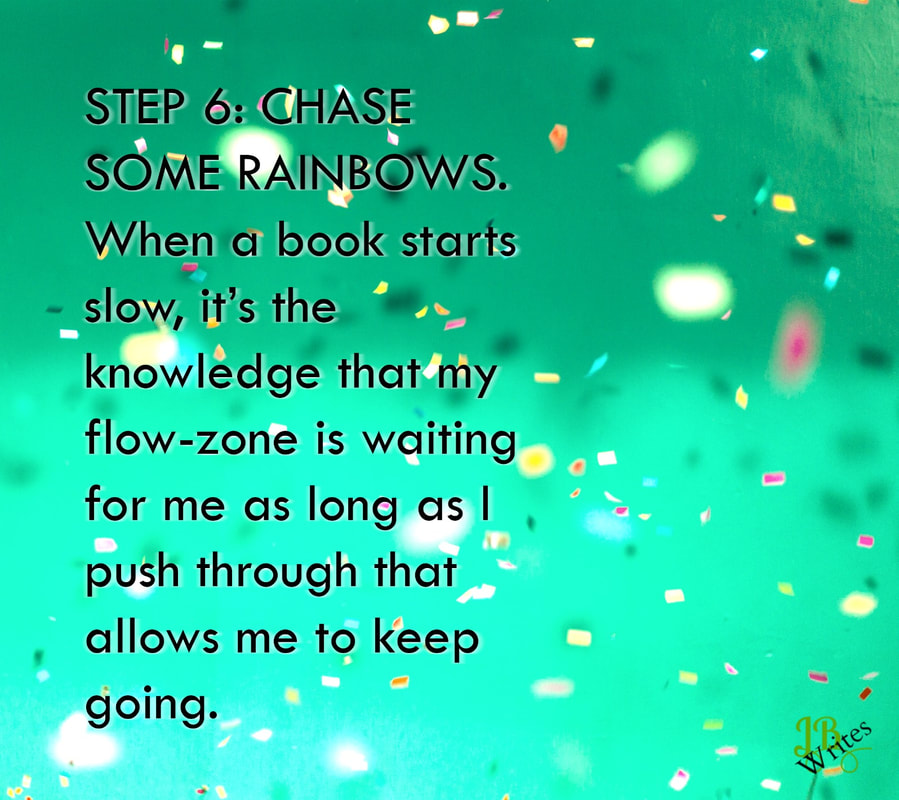
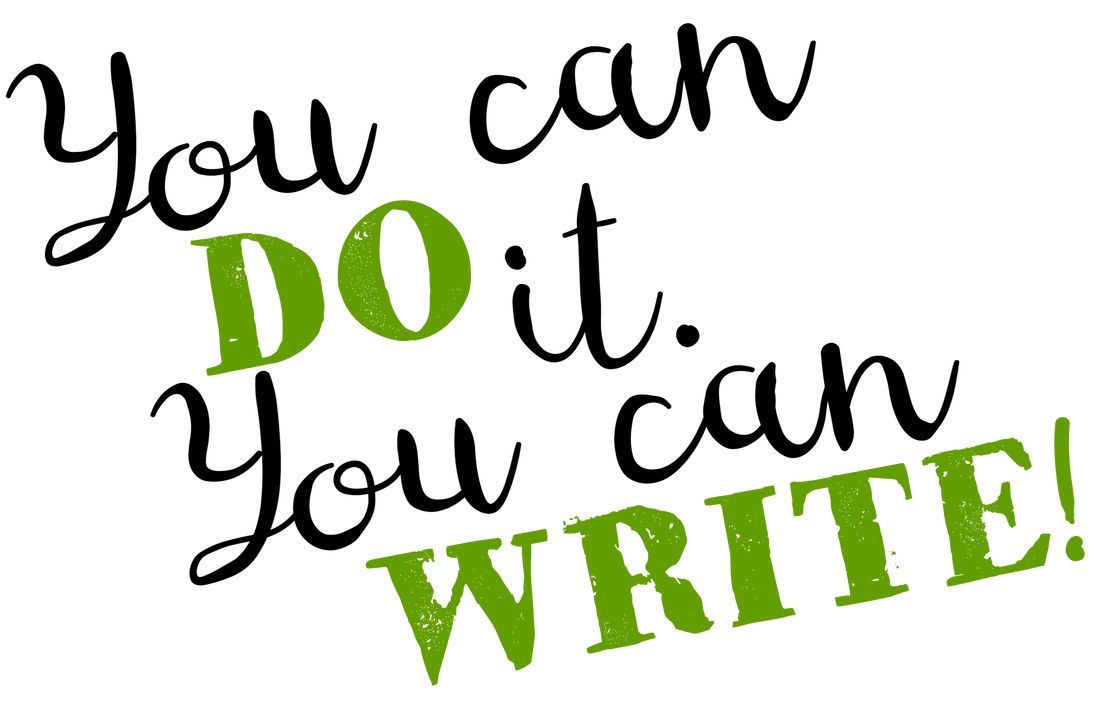
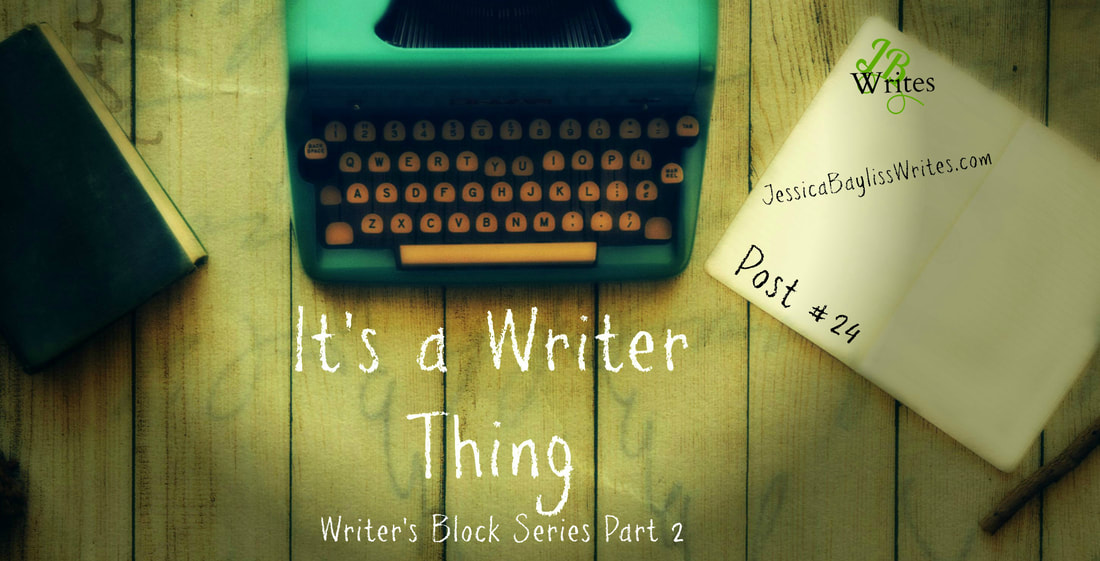
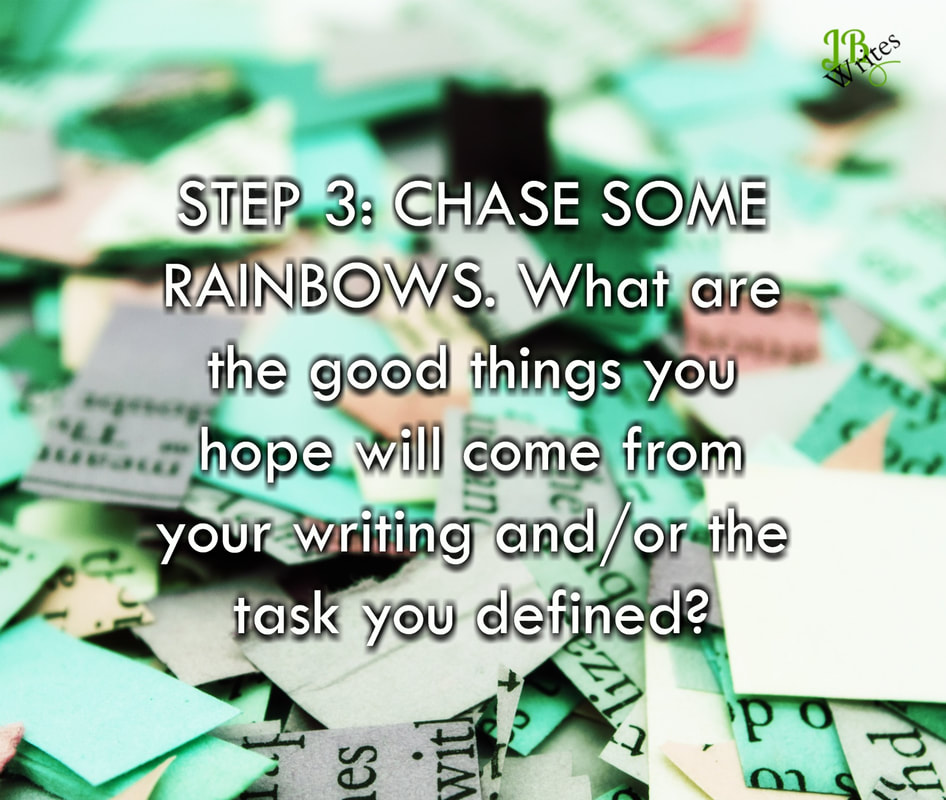
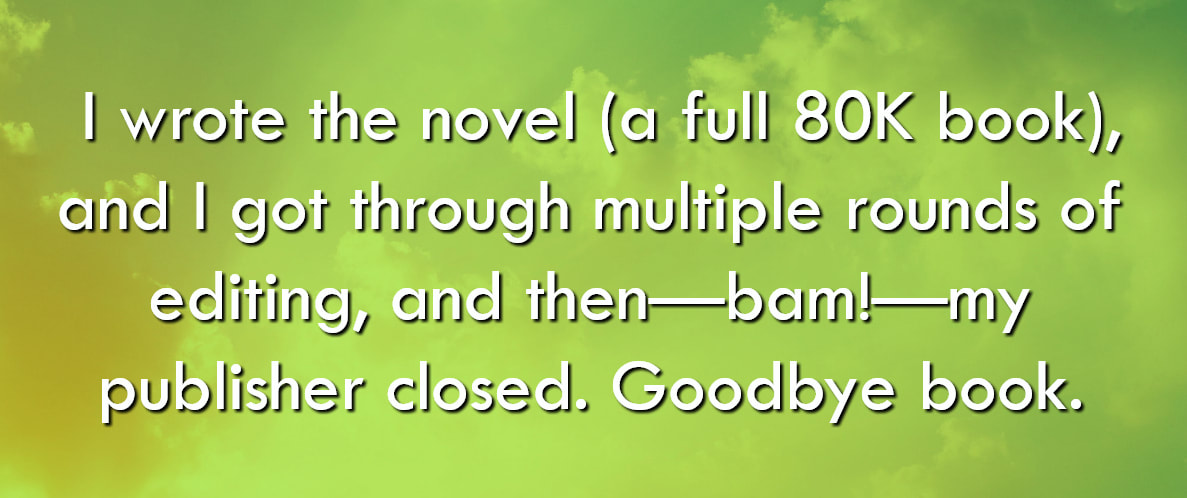
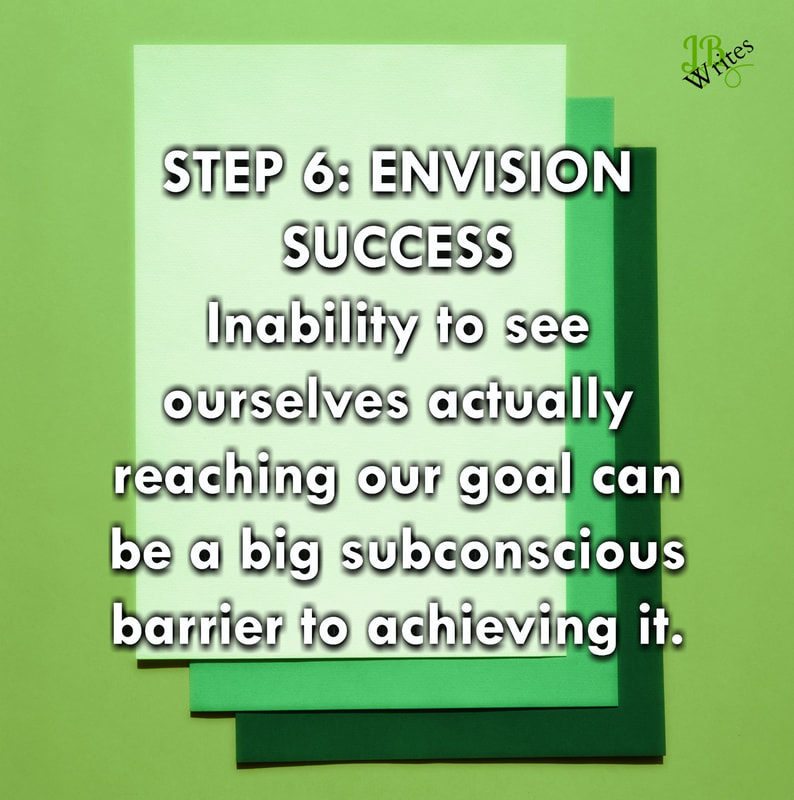
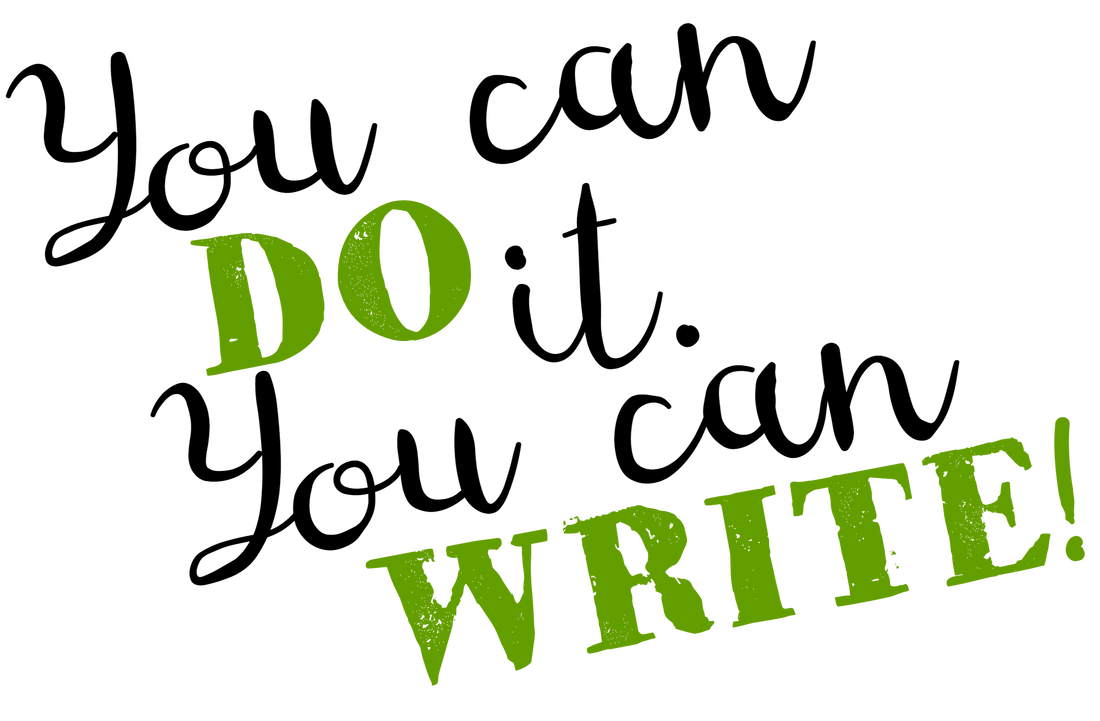
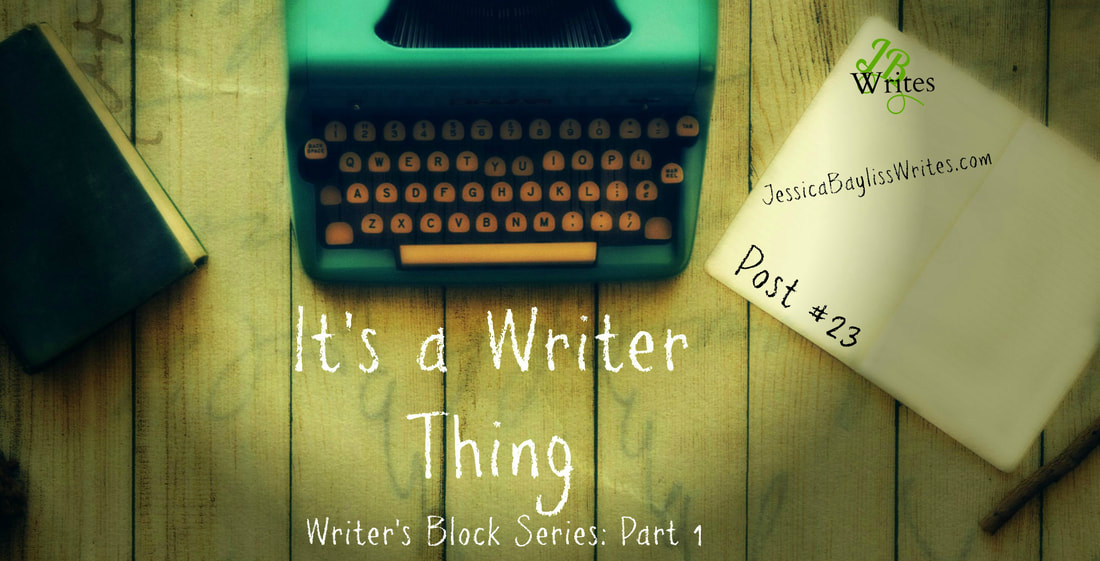
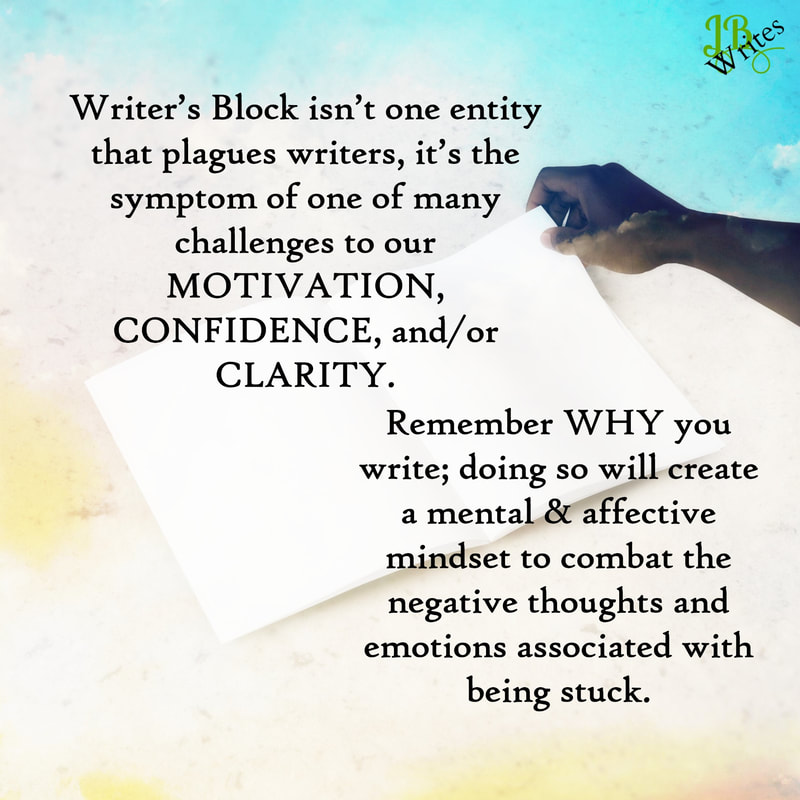
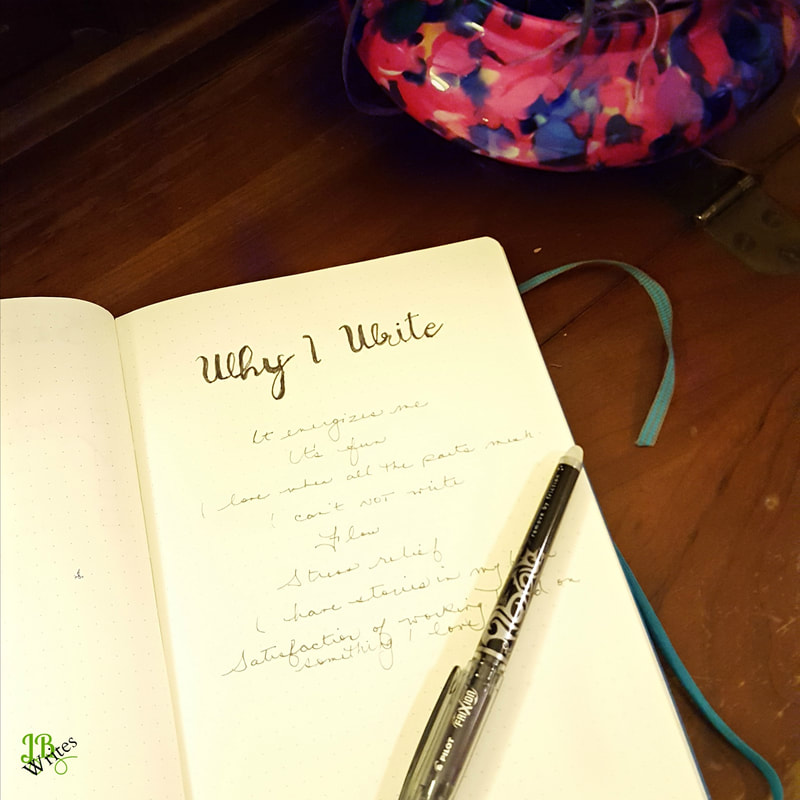
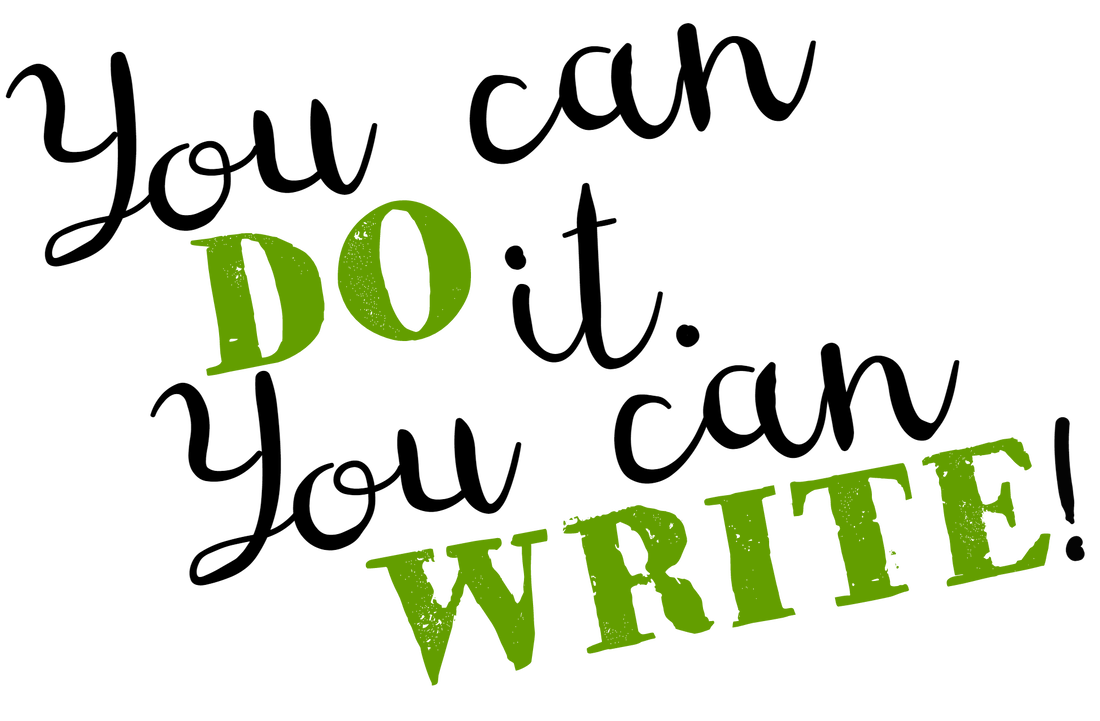
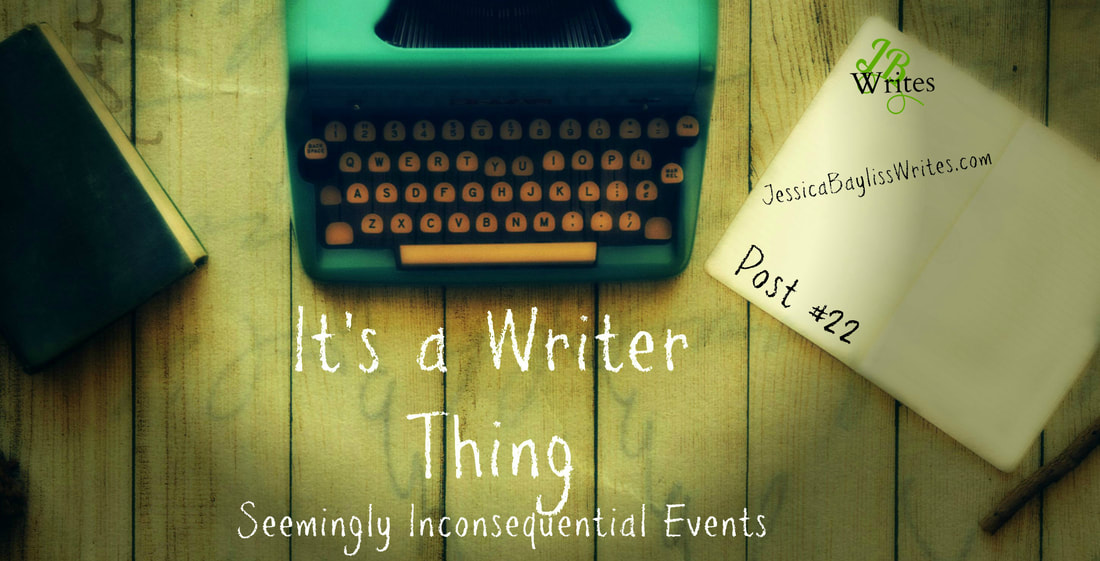
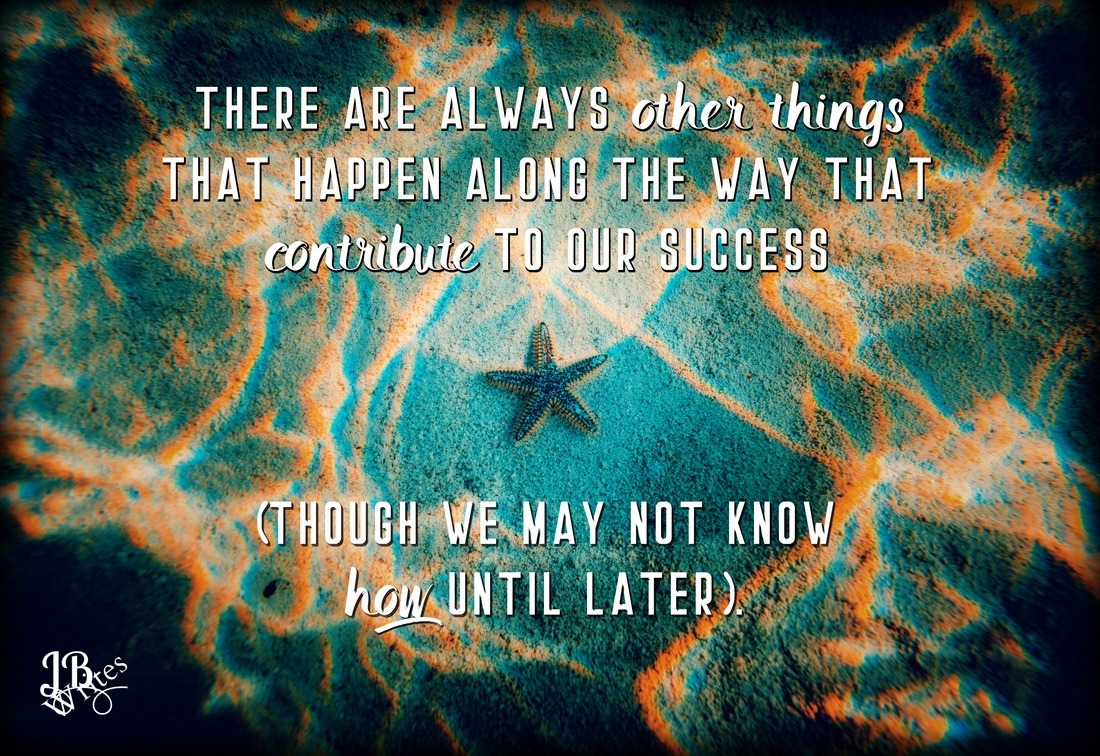
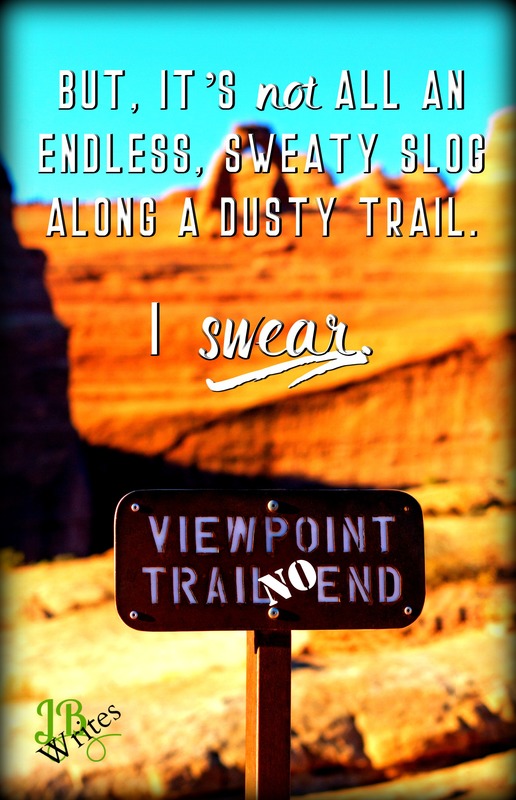
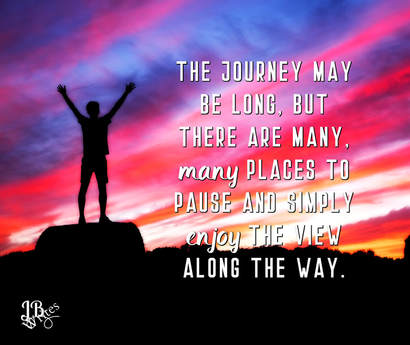
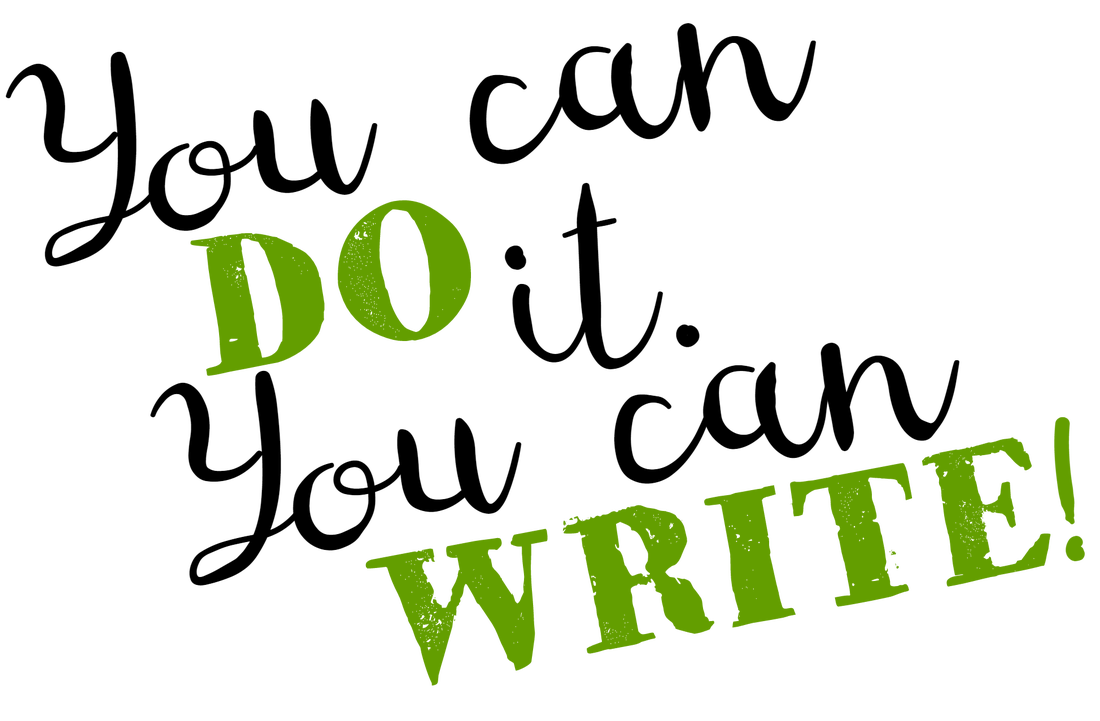
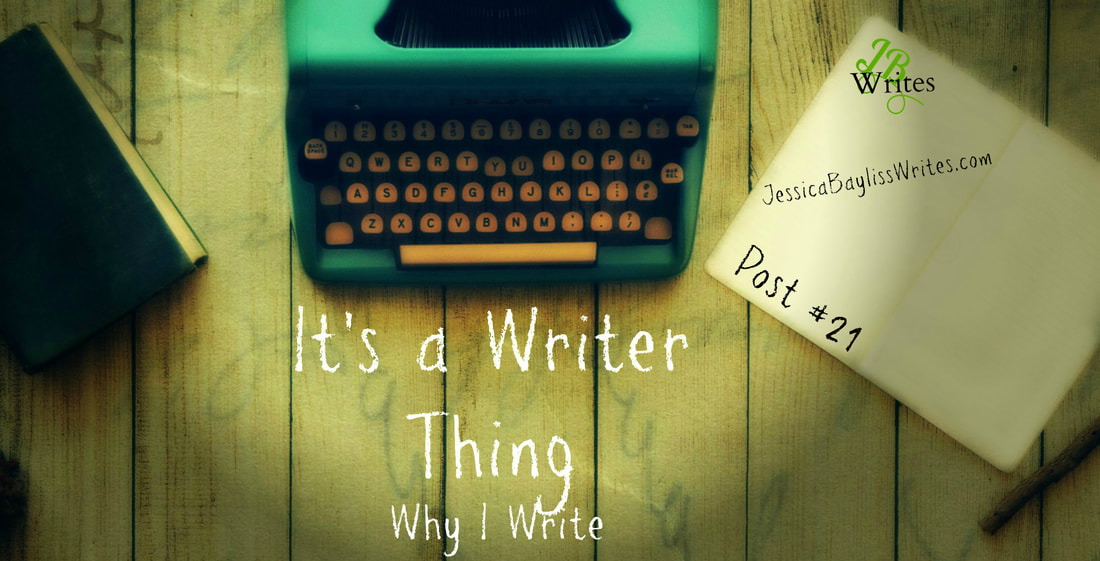
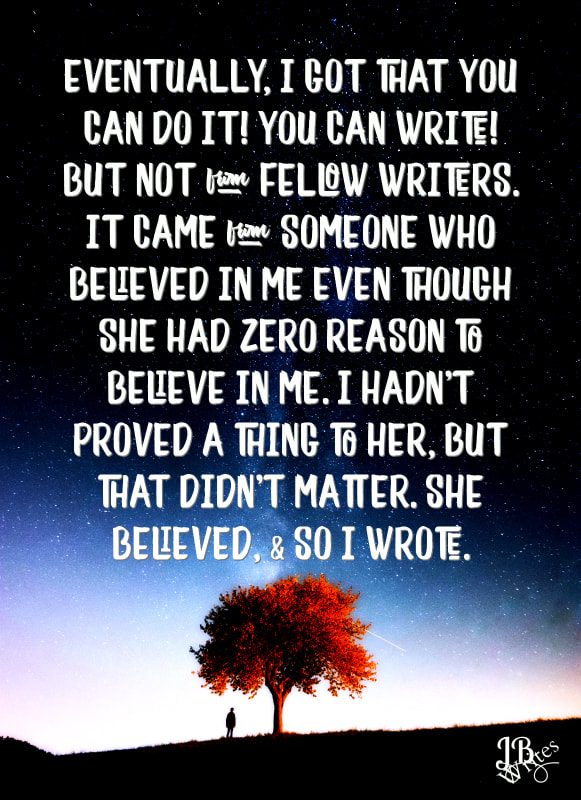
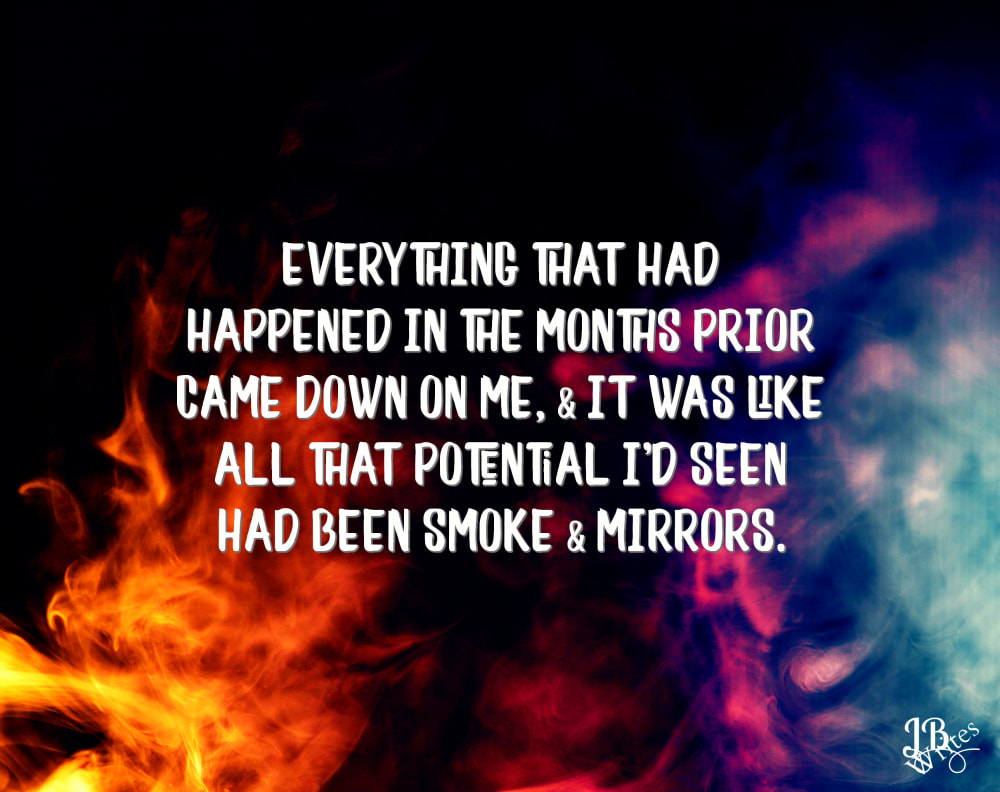
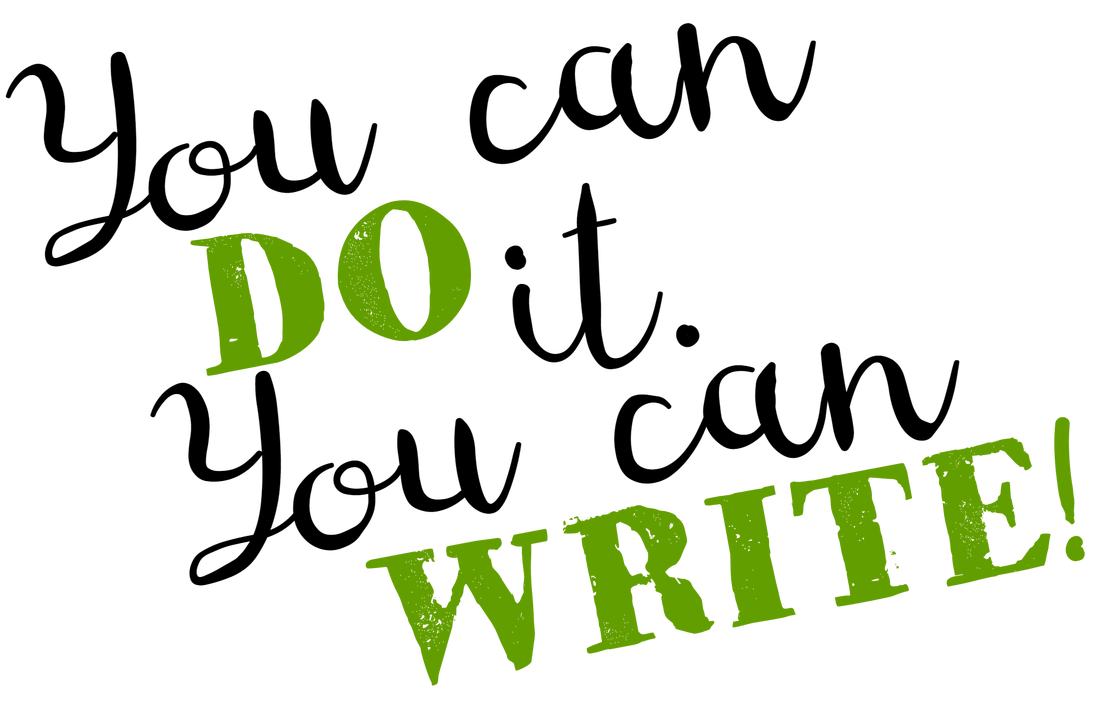
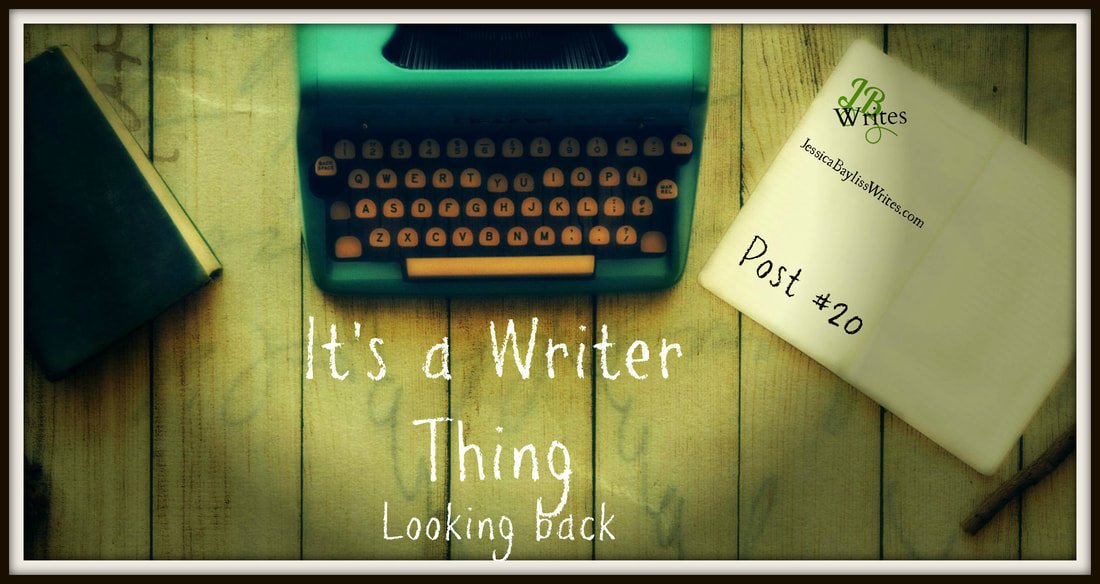
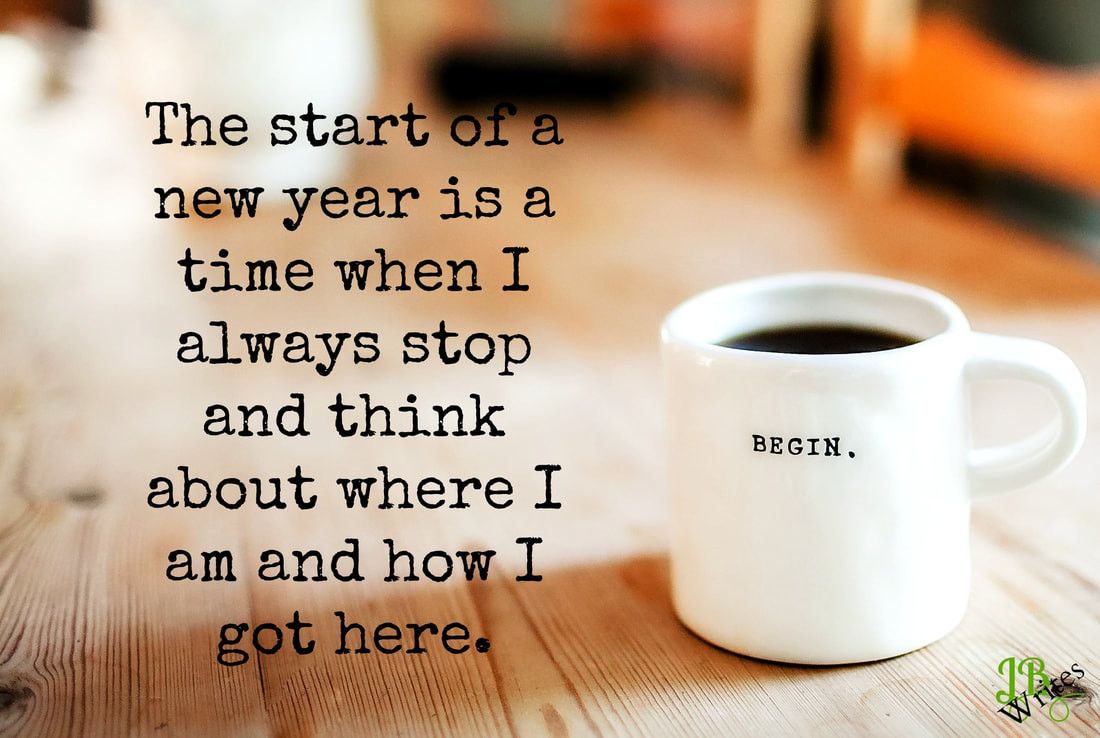
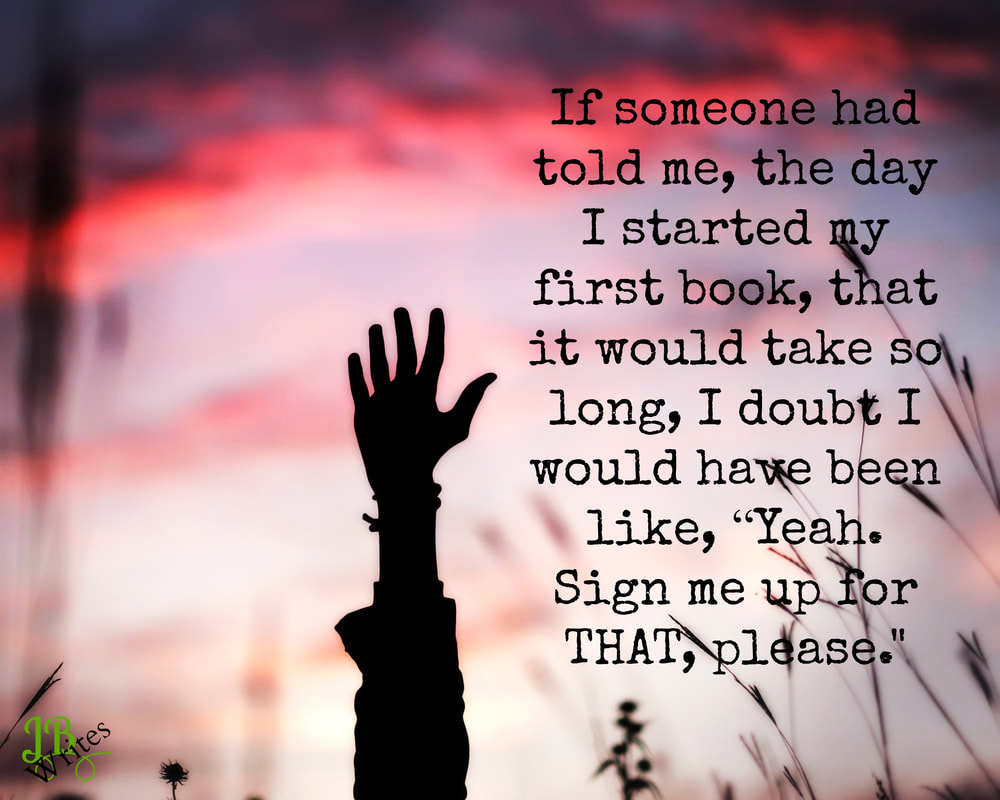
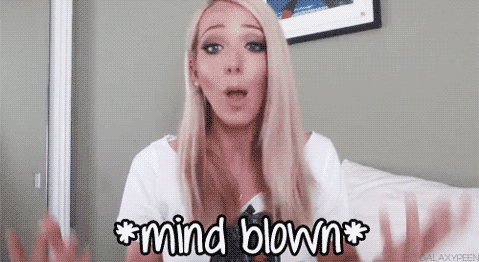
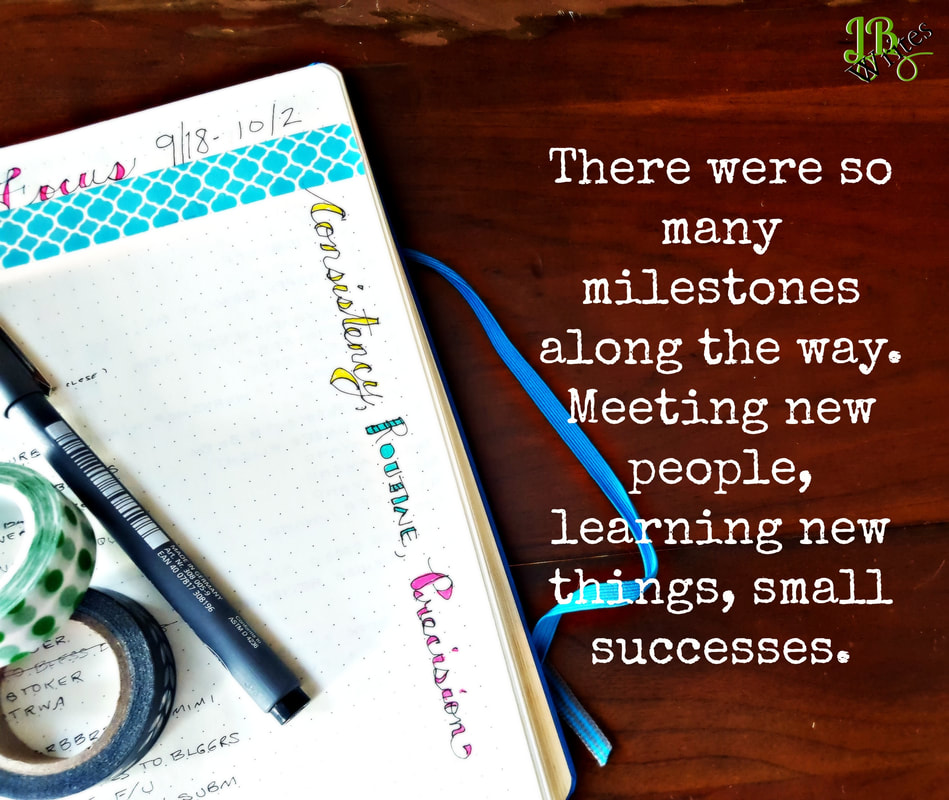
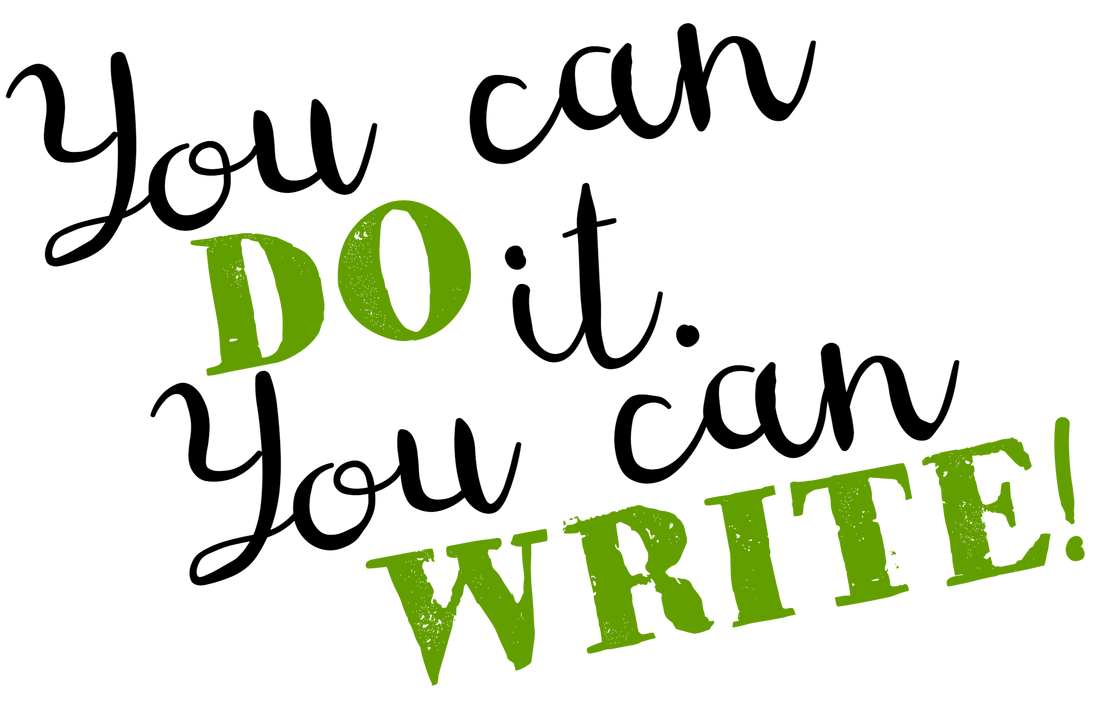
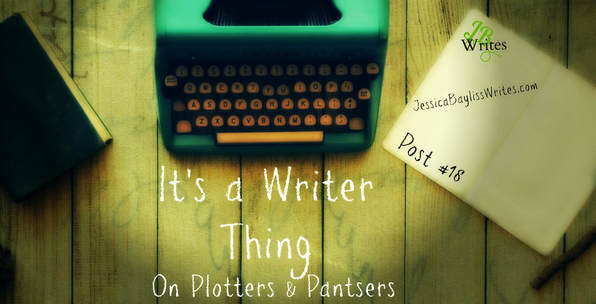
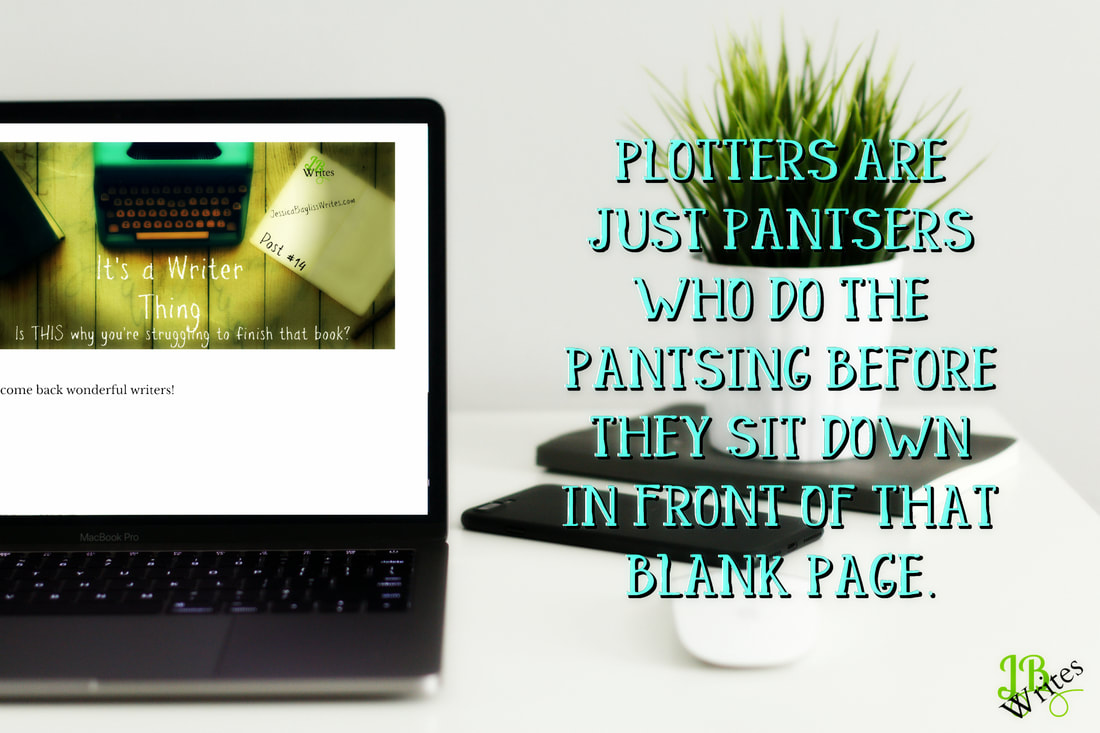
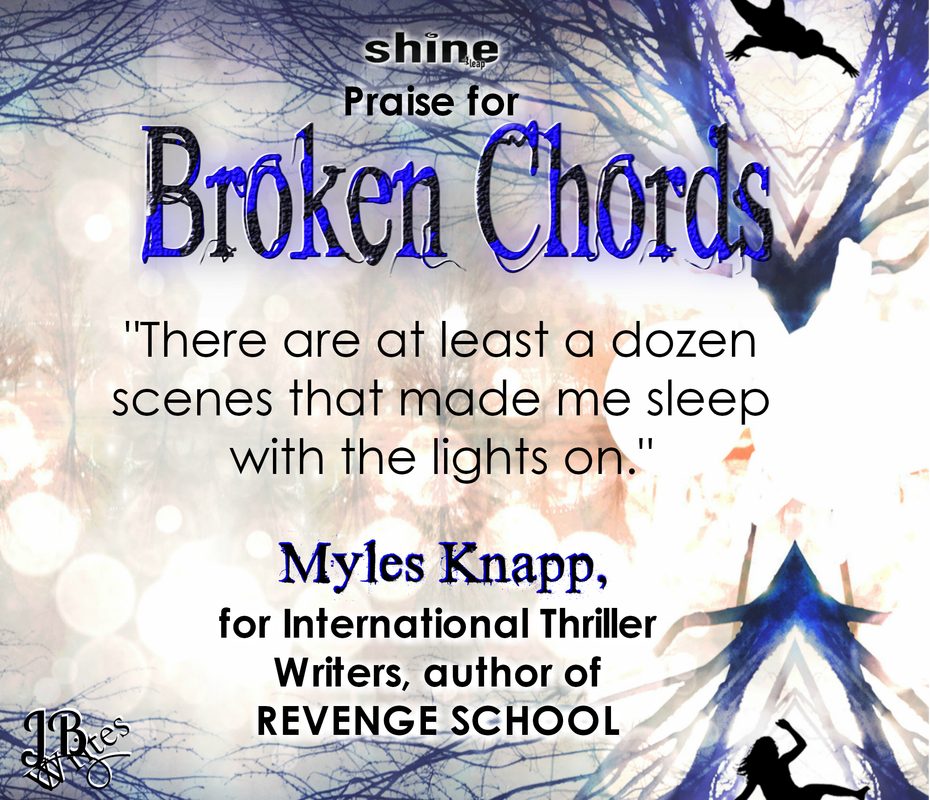
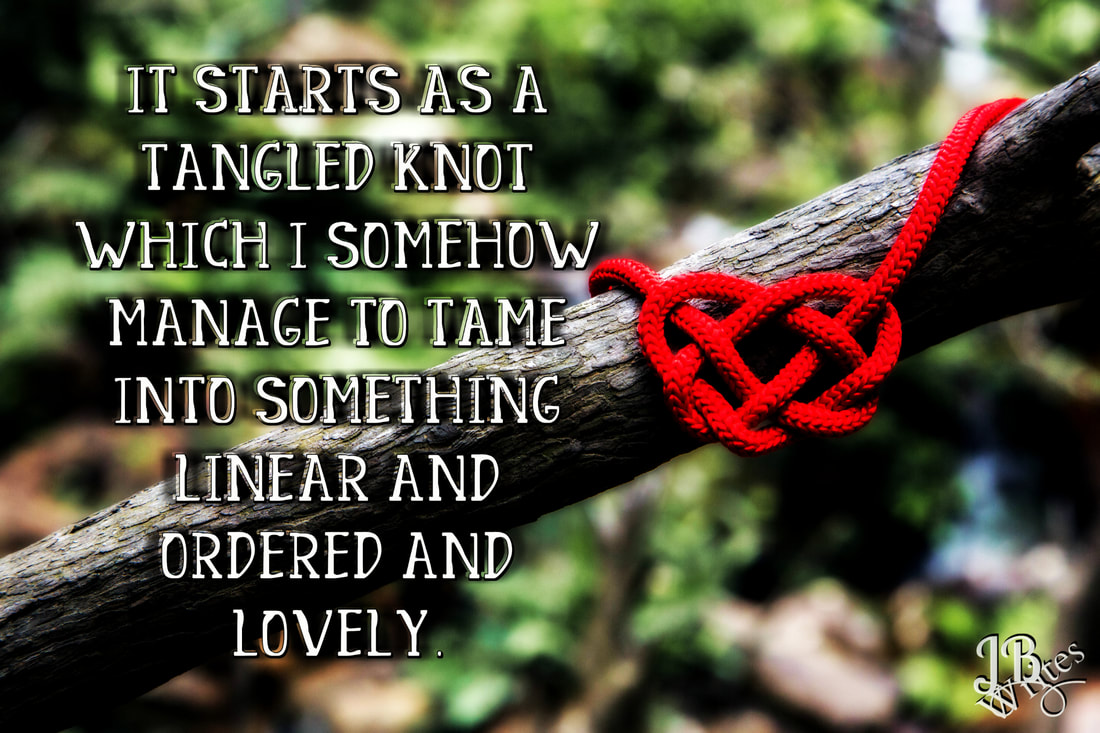
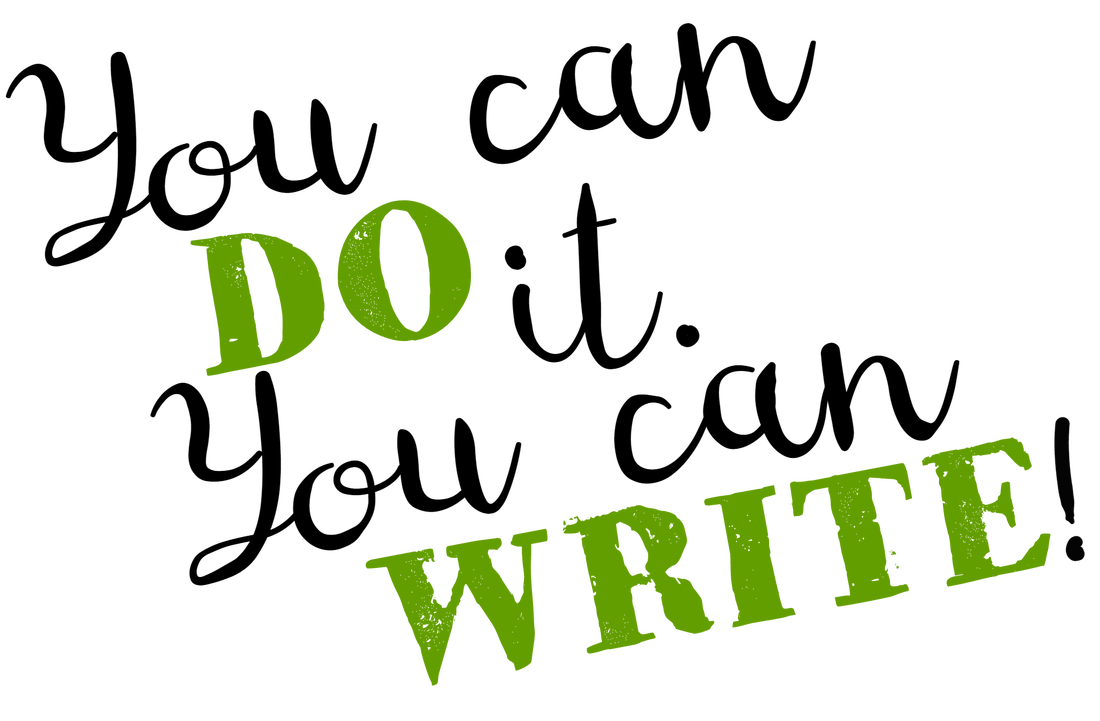
 RSS Feed
RSS Feed
